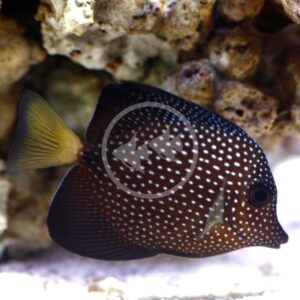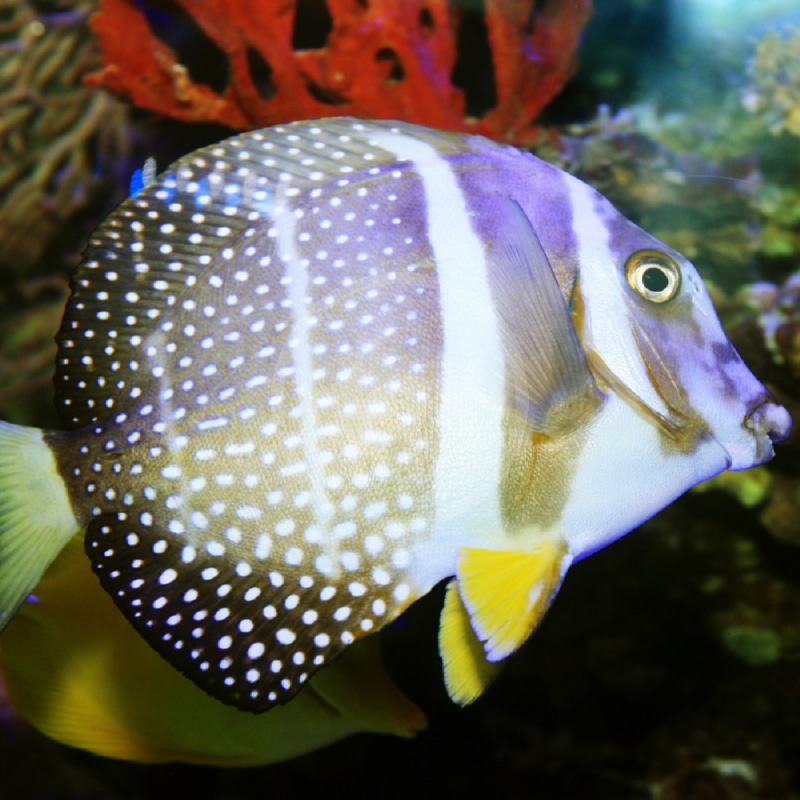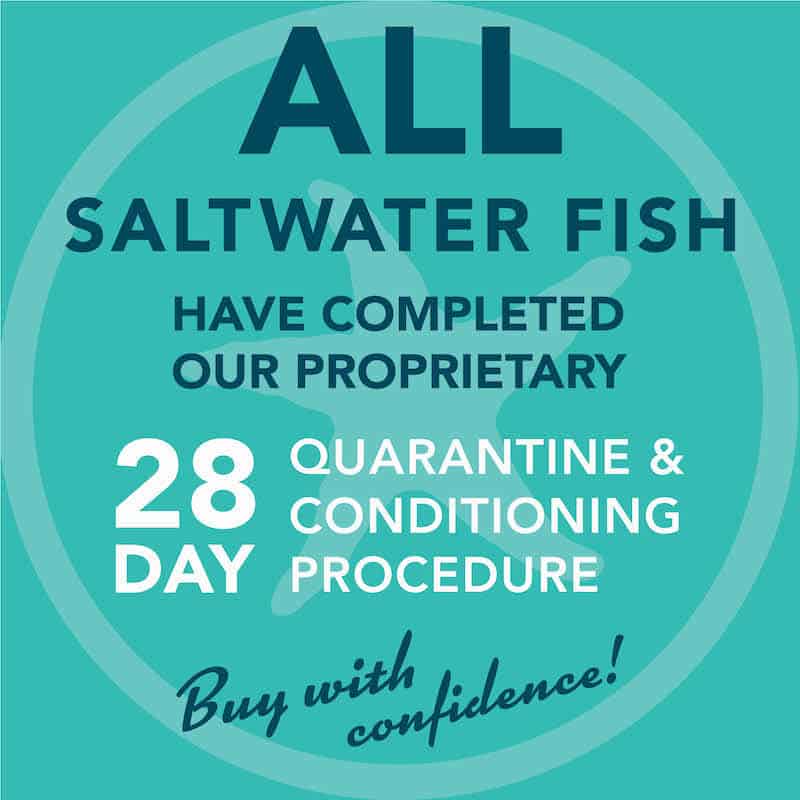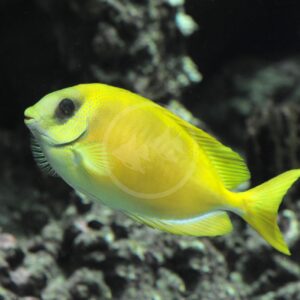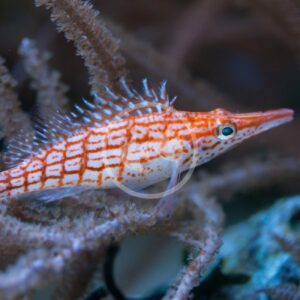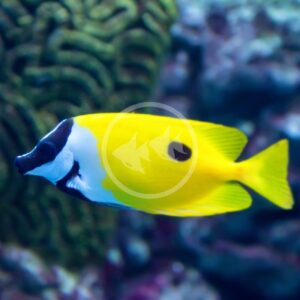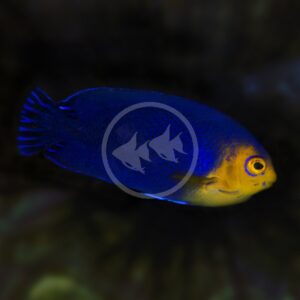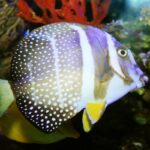

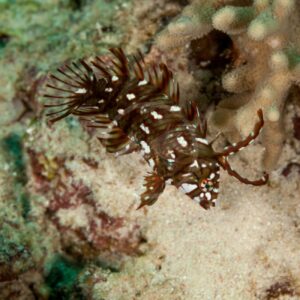
TANG – MUSTARD Acanthurus guttatus
$239.99 – $329.99Price range: $239.99 through $329.99
The Mustard Tang, also known as the Whitespotted Surgeonfish, is native to the Indo-Pacific, primarily around Sri Lanka and Fiji. An attractive species that has a rather unique body shape compared to other Acanthurids, the Mustard tang infrequently makes its way into the aquarium trade. Overall, its coloration is silver to grey, with a pop of yellow in its caudal and pelvic fins and two prominent white stripes behind its face that transition to white polka dots toward the rear. Like some other tangs and Acanthurus species, the Mustard tang is more susceptible to ich and other skin parasites. We recommend quarantining tangs to ensure they do not introduce such parasites into a main display aquarium. Note: All of our Mustard tangs are quarantined and treated accordingly for 28 days to prevent ich and ensure you’re receiving a healthy specimen. Maintaining extra high quality water parameters will also keep your aquarium’s environment optimal and in turn, a happy and healthy Mustard tang long term. A Mustard tang can reach a size of approximately 10″.
Care Level: Moderate
Temperament: Semi-Aggressive
Reef Compatible: Yes
General Description: The Mustard Tang, also known as the Whitespotted Surgeonfish, is native to the Indo-Pacific, primarily around Sri Lanka and Fiji. An attractive species that has a rather unique body shape compared to other Acanthurids, the Mustard tang infrequently makes its way into the aquarium trade. Overall, its coloration is silver to grey, with a pop of yellow in its caudal and pelvic fins and two prominent white stripes behind its face that transition to white polka dots toward the rear. Like some other tangs and Acanthurus species, the Mustard tang is more susceptible to ich and other skin parasites. We recommend quarantining tangs to ensure they do not introduce such parasites into a main display aquarium. Note: All of our Mustard tangs are quarantined and treated accordingly for 28 days to prevent ich and ensure you’re receiving a healthy specimen. Maintaining extra high quality water parameters will also keep your aquarium’s environment optimal and in turn, a happy and healthy Mustard tang long term. A Mustard tang can reach a size of approximately 10″.
Diet Requirements: In the wild tangs are primarily herbivorous. A diet largely consisting of algae-based foods is absolutely necessary to maintain optimal health, coloration, immune function, and reduce aggression. If not, tangs often develop head and lateral line erosion from such deficiencies. Vegetable based flake foods or frozen foods, that may also include spirulina algae, are excellent options. We also recommend offering dried seaweed on a rock or clip three times a week minimum. Mustard tangs will consume various other protein-based frozen foods.
Care Requirements: An established minimum 200 gallon aquarium with 18+ inch width is ideal. Smaller specimens can be temporarily raised in smaller quarters (no less than 75 gallons) as long as it is upgraded accordingly. This tang enjoys a variety of rock work to graze on and crevices to take refuge, but also should be provided with ample open swimming space given their size potential. Mustard tangs are often sought after to add to a reef aquarium for their natural tendency to graze upon algae build up. Typically, Mustard tangs do not conflict with other tank-mates and aren’t overly territorial in nature. However, a Mustard tang may act aggressively with other Acanthurids. If you want to house various types of tangs with a Mustard tang, it is best to add them all at once, or closely together at the very least, for the best success. In some cases, the Mustard tang may be best kept as the only tang species in the aquarium. Recommended water conditions, 72-78° F, KH 8-12, pH 8.1-8.4, salinity 1.020-1.025.
Purchase Size: Small: 2″ to 3-1/2″; Medium: 3-1/2″ to 5″; Large: 5″ to 7″; XLarge: 7″ +
Note: Your item may not look identical to the image provided due to variation within species. Purchase sizes are approximate.
Dry goods orders are shipped via US Postal Service or UPS to the address provided at checkout based on the selection made in your website shopping cart. Product is carefully packed to help prevent any damage during shipping. Once processed you will receive a shipment notification via email with tracking number, and delivery notification. Please allow 48 hours for processing after your order is placed.
Perishable items (i.e. live plants, refrigerated/frozen foods) are shipped via US Postal Service 2-3 day to the address provided at checkout for a $25.00 flat rate charge. Items are packed with secure packing material and heat, cold, or Cryo packs as needed to maintain safe temperatures during transit. If one or more perishable items are in the shopping cart at checkout the $25.00 perishable shipping charge will automatically appear and need to be selected. Once processed you will receive a shipment notification via email with tracking number. Please allow 48 hours for processing after your order is placed.
Livestock (i.e. fish, invertebrates, coral) are shipped via UPS Overnight to the address provided at checkout for a $55.00 flat rate charge. Livestock is packed in insulated styrofoam boxes with secure packing material and heat, cold, or Cryo packs as needed to maintain safe temperatures during transit. If one or more livestock items are in the shopping cart at checkout the $55.00 livestock shipping charge will automatically appear and need to be selected. Livestock is shipped Monday through Wednesday ONLY (no weekend delivery is available) weather permitting, and we reserve the right to delay shipping until conditions are appropriate for safe arrival. Once your order is placed we will contact you to arrange the best shipping date based on these criteria. Someone must be available to receive the livestock order on the first delivery attempt. Once processed you will receive a shipment notification via email with tracking number. Please allow 48 hours for processing after your order is placed.
For mixed dry goods/perishable & livestock orders items will be shipped via their corresponding shipping methods outlined above. Dry goods will be shipped via US Postal Service or UPS based on your selection and checkout, while livestock will ship via UPS Overnight for a $55.00 flat rate charge. You will receive separate notifications and tracking numbers for the dry goods and livestock. Please note due to different carriers and shipping methods dry goods and livestock may arrive on different days.
Related products
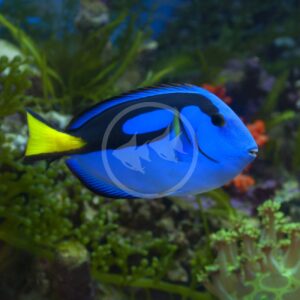
TANG – BLUE HIPPO Paracanthurus hepatus
$119.99 – $249.99Price range: $119.99 through $249.99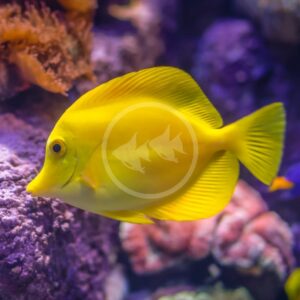

TANG – YELLOW Zebrasoma flavescens
$174.99 – $399.99Price range: $174.99 through $399.99HAWK – LONGNOSE Oxycirrhites typus
$129.99 – $159.99Price range: $129.99 through $159.99RABBITFISH – ONE SPOT FOXFACE Siganus unimaculatus
$119.99 – $199.99Price range: $119.99 through $199.99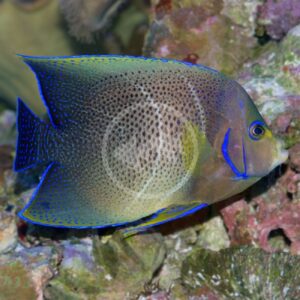
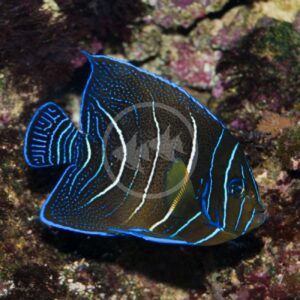
ANGEL – KORAN Pomacanthus semicirculatus
$89.99 – $189.99Price range: $89.99 through $189.99ANGEL DWARF – PYGMY ATLANTIC / CHERUB Centropyge argi
$69.99 – $99.99Price range: $69.99 through $99.99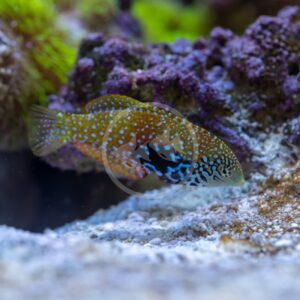

WRASSE – LEOPARD VERMICULATE Macropharyngodon bipartitus
$129.99